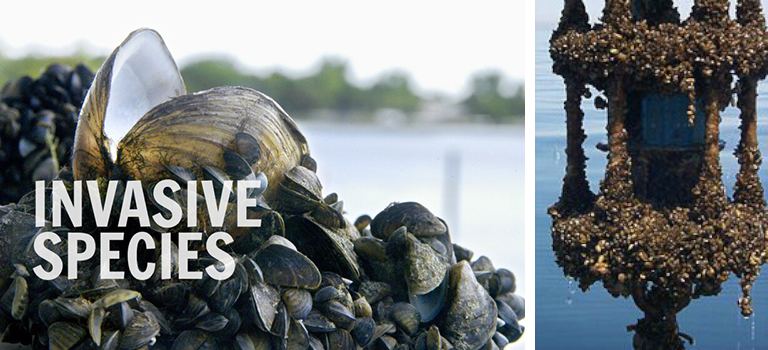Underwater Construction Corporation (UCC) provides comprehensive operational and maintenance services for the removal and disposal of invasive zebra and quagga mussels. Its expertise includes removal from power plant and industrial cooling water intake structures, along with raw water screens for drinking water plants.
In addition to the diver removal, dewatering, euthanasia, and disposal of these invasive mussels, UCC has deployed preventative technologies to discourage the establishment of damaging zebra and quagga mussel colonies on critical marine infrastructure. These projects involved the installation of chlorine and biocide/molluscicide chemical dosing lines at the raw water intakes structures.
Mechanical Removal / Management of Zebra and Quagga Mussels
For more than 25 years, UCC has provide both scheduled operations and maintenance down time, and emergency response services, for the removal and disposal management of zebra and quagga mussels from underwater intake and discharge marine infrastructures. These services have been focused at nuclear, fossil fuel, and hydroelectric power plants, steel mills, aluminum smelters, and paper and pulp mills.
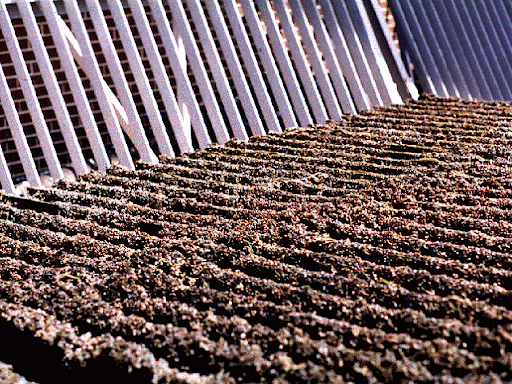
UCC provides commercial diving services to perform the cleaning and inspection of raw water intake and discharge infrastructure. Typically, this starts as an initial inspection, documenting mussel growth and infestation. This data determines preventive maintenance schedules.
UCC’s divers use various methods and tooling to remove mussels from the structures, pipelines, tunnels, components, water intake forebays and other infrastructure. Diver-assisted dredging is performed to remove the mussels to the approved disposal areas.
Following cleaning, a follow-up assessment documents the cleaned infrastructure condition. UCC provides the client a compressive report and video as final deliverables.
EPA-approved cationic polymers are a tool UCC has deployed with success. Zebra and quagga mussels ingest the polymer through their normal filter feeding process. After several days, the mussels lose their grip on the underwater infrastructure, permitting divers to readily scrape the mussels free and remove via hand-held vacuum dredging.
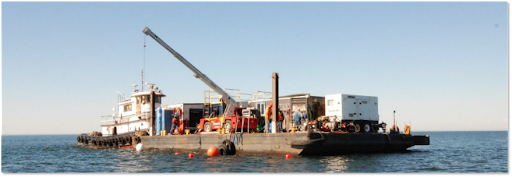
To process diver-hand-dredged zebra mussel shells and sediment, Underwater Mineral Processing Services (a division of UCC, https://mpsmaine.com/) installs and operates hydraulic conveyance of the mussels and sediment to land.
With transfer distances ranging from 1,500 to 3,000 feet, the typical 1,000 – 1,500 gallons per minute slurry flow is directed to a turnkey, transportable, high-frequency vibratory screen and hydrocyclone module.
This unit immediately dewaters the mussels and sediment into a stackable, dewatered product, which can be directly discharged to a covered roll-off container.
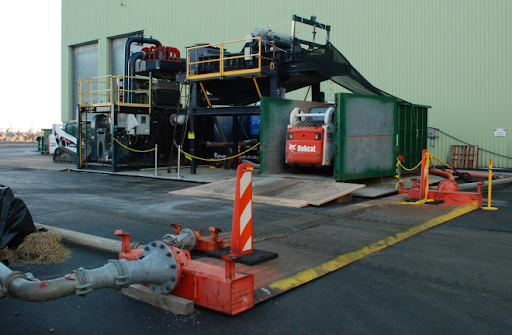
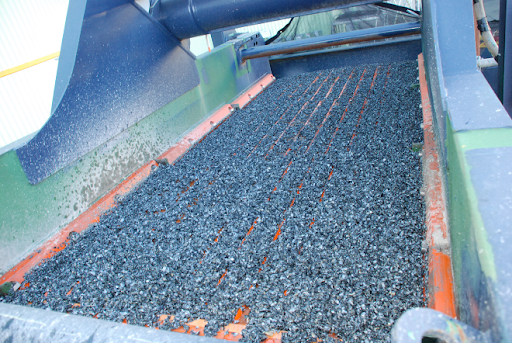
Depending on the project’s location and permitting requirements, a 4-week “desiccation” period of the mussels prior to off-site disposal may be required. This approach has presented the generation of objectionable odors from the decaying mussels.
UMPS has avoided this challenge by discharging dredged mussels directly into a Fine Material Screw Auger Washing module. The module that contains a continuously managed 2 percent chlorine water bath using the UMPS SmartFeed™ chemical monitoring and control module.
The US Army Corps of Engineers has approved the use of chlorine is an approved method for euthanasia of zebra and quagga mussels (https://apps.dtic.mil/sti/pdfs/AD1090789.pdf).
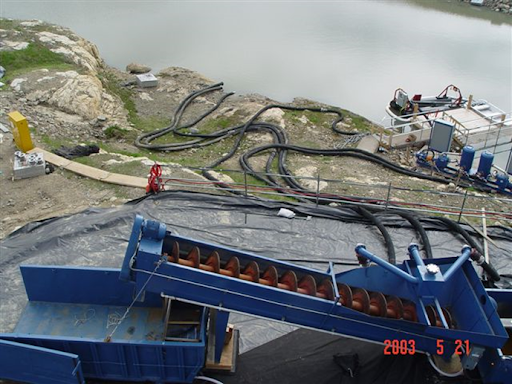
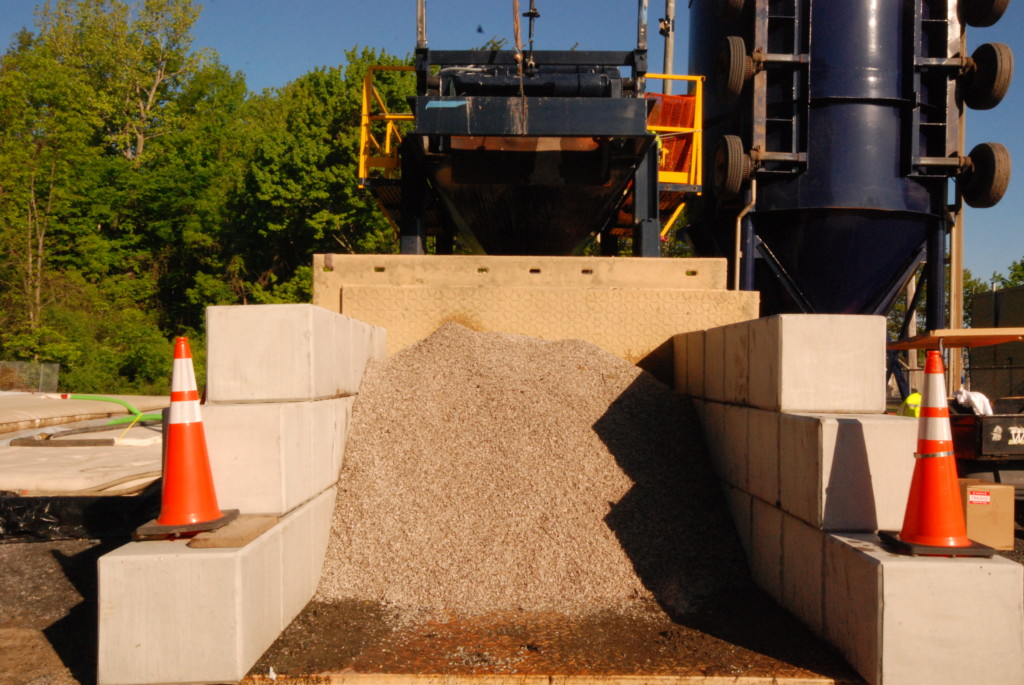
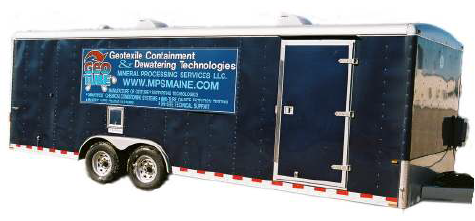
The incorporation of the 2 percent chlorine dosing of the screened zebra and quagga mussels permits immediate euthanasia of these invaders and immediate load-out and regulated offsite disposal, without the need for a long desiccation period.
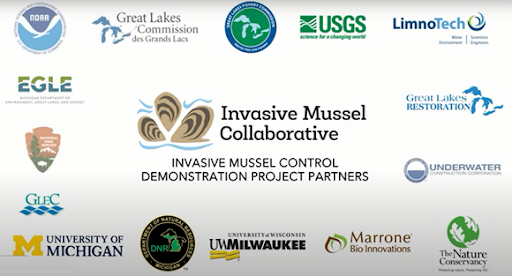
Innovative Zebra and Quagga Mussel Control
In 2019, Underwater Construction Corporation provided dive services support to the Invasive Mussel Collaborative (https://invasivemusselcollaborative.net/about/), which coordinated a demonstration control project for invasive mussels at Good Harbor Reef in Lake Michigan.
This demonstration project showed the effectiveness of a highly selective toxicant Zequanox®, which is specific to zebra and quagga mussels, approved for use in open water lakes, and has been safely used in multiple lakes across the Great Lakes region. A final report on this project can be accessed at https://invasivemusselcollaborative.net/wp-content/uploads/2020/12/Final_Report_Good_Harbor_Zequanox.pdf.
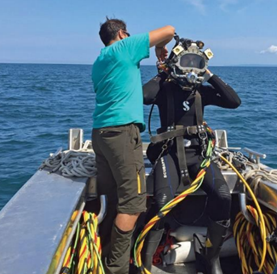
As the largest inland commercial diving services company in the United States, Underwater Construction Corporation and its staff of over 200 divers, supervisors and project managers operate from multiple regional locations in Connecticut, Maryland, Michigan, South Carolina, Tennessee, Texas, Wisconsin and the United Kingdom. Through our global network of offices and associates, UCC has performed projects in over 25 countries.
Contact Nick Stathakis at 800.422.3935 ext. 307 / [email protected] or Jim Meagher at 207.751.4416 / [email protected] for any of your zebra or quagga mussel management or removal support needs.
